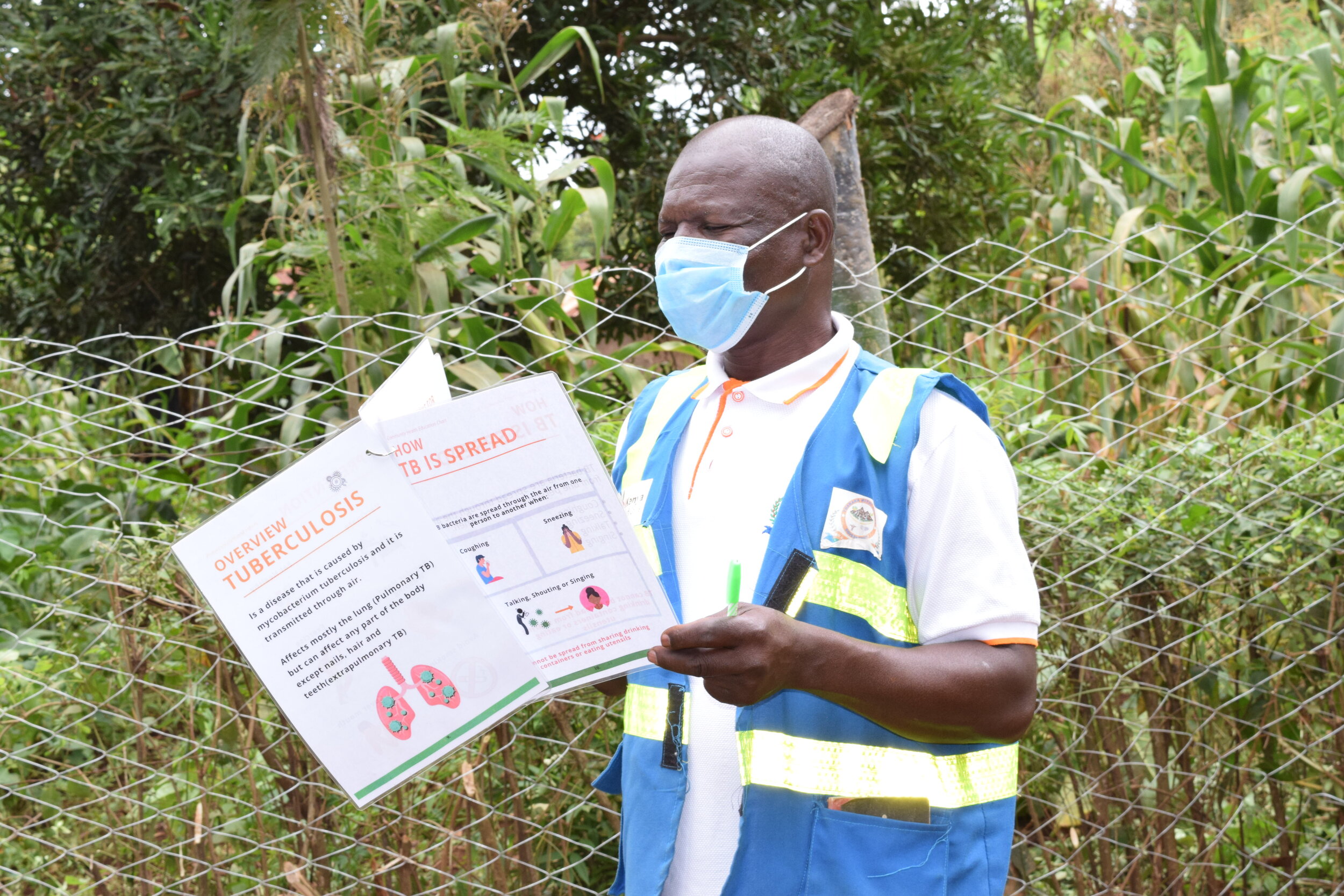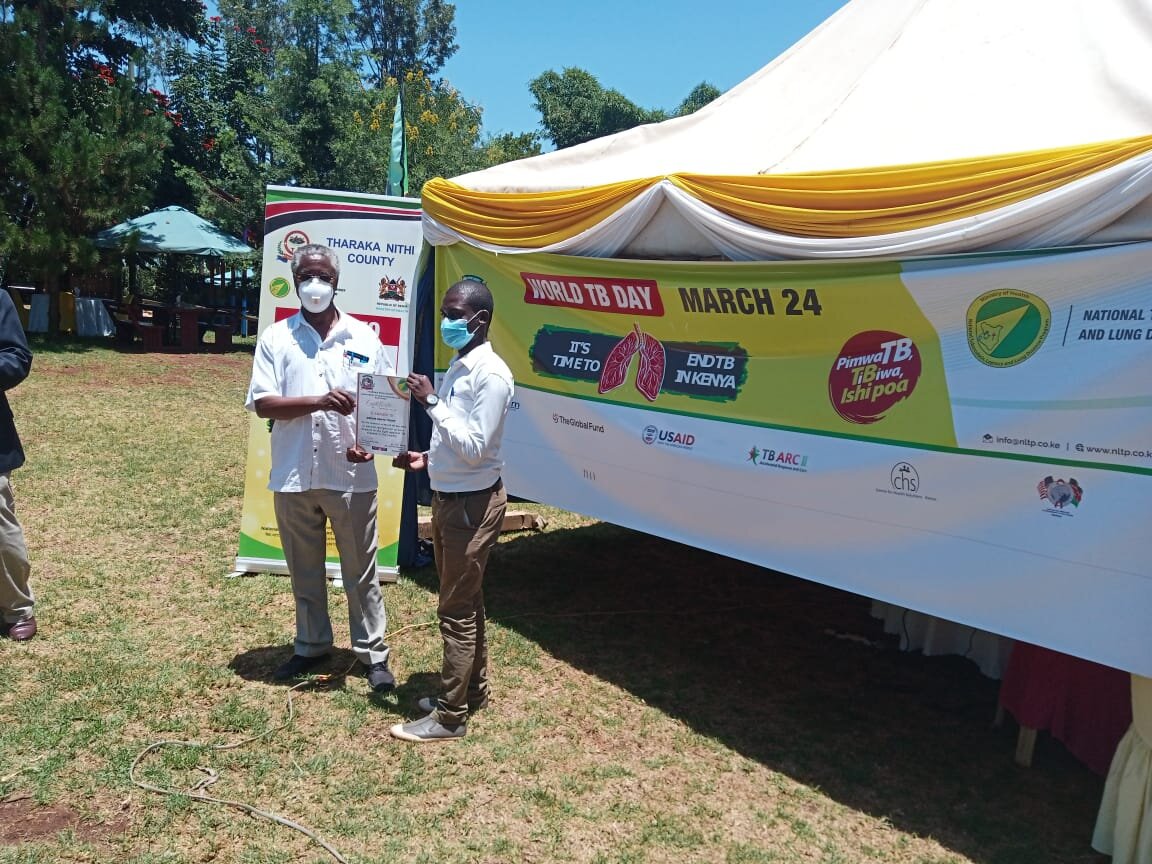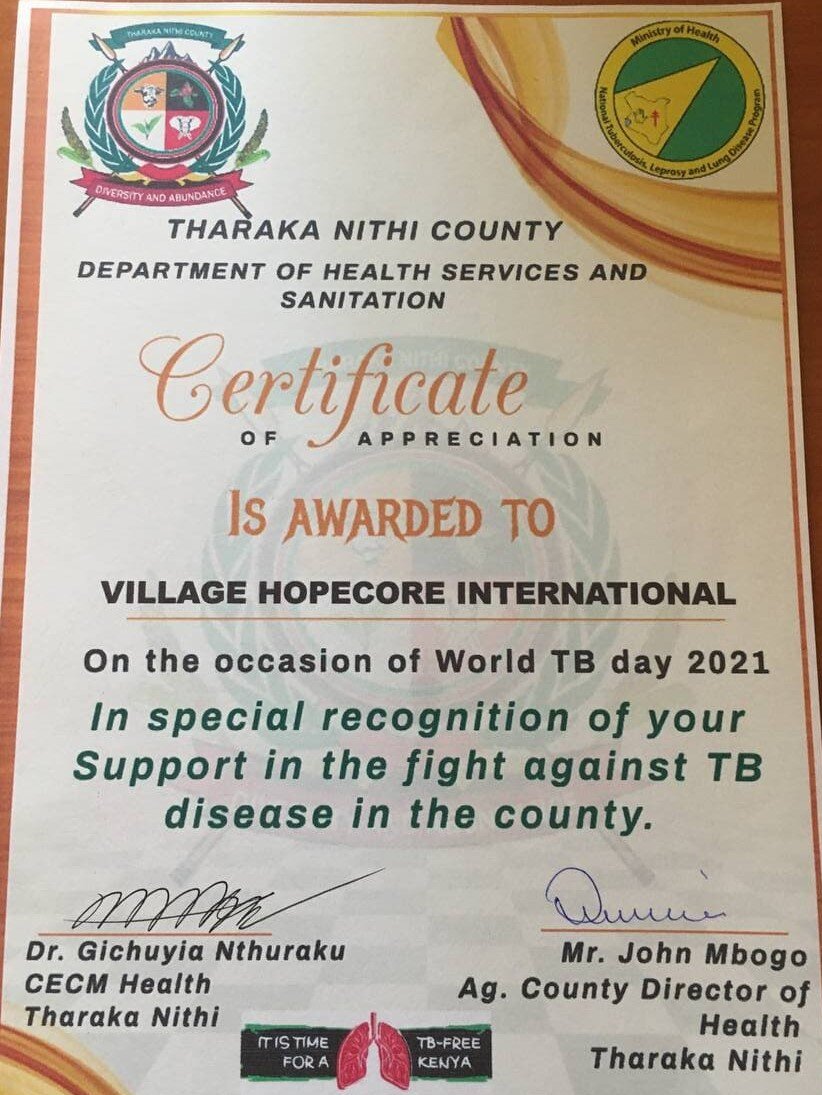Tuberculosis: Raising Awareness and Decreasing the Spread in the Community
Tuberculosis (TB) is a contagious infection that usually attacks the lungs. It can also spread to other parts of the body, like the brain and spine. The disease is caused by a bacteria called Mycobacterium tuberculosis.
Tuberculosis has re-emerged as a significant public health problem globally (International Journal for Tuberculosis and lung diseases 2010). WHO estimates that a third of the world's population is infected with the tubercle bacillus, with about nine million people progressing to the active disease each year, two million of whom die of TB.
There are two forms of the disease:
Latent TB. The TB germs are in the body, but the immune system keeps them from spreading. There are no symptoms, and it's not contagious. But the infection is still alive and can one day become active. There is a high risk for re-activation -- for example, if you have HIV, you had an infection in the past two years, your chest X-ray is unusual, or you have a weakened immune system.
Active TB. The germs multiply and make you sick. You can spread the disease to others. Ninety percent of active cases in adults come from a latent TB infection. A latent or active TB infection can also be drug-resistant, meaning certain medications don't work against the bacteria.
Tuberculosis is a severe public health issue in Kenya. About 120,000 people a year develop TB (48,000 of them being HIV-positive), and 18,600 people die from it. It is the fourth most significant cause of death, responsible for about 6% of all deaths.
Village HopeCore has come up with various interventions to decrease the disease's spread in the community.
Community volunteers training
Community health volunteers undergoing TB training
In February this year, HopeCore trained 622 community health volunteers in Mwimbi, Muthambi, Chuka, Igambang'ombe sub-counties on the mode of transmission, symptoms, prevention, and community screening/referral of TB. The CHVs received job aids with crucial messages on TB (Flipbooks), which they use to educate the community. In February and March, the CHVs in the four sub-counties were educated on TB during their household visits, and they visited 23,430 households and screened 6214 people. They referred 45 for testing. This enabled members of the public to be aware of the signs/symptoms of TB, diagnosis, and treatment. It also helped the community to take preventive measures against tuberculosis infection. The CHVs also help in defaulter tracing and contact screening of smear-positive tuberculosis patients and observing patients on treatment. Some of them join in collecting drugs for the patient, improving treatment outcomes.
A Community Health Volunteer conducting health education during a household visit
Outreach Events
Community-based TB outreach events cover a wide range of activities contributing to prevention, diagnosis, improved treatment adherence, and care that positively influence the outcomes of drug-sensitive, drug-resistant, and HIV-associated TB. The activities also include community mobilization to promote effective communication and participation among community members. Most of the community members are reached because the events are conducted in the villages outside the premises of formal health facilities.
HopeCore organized four such events to conduct TB screening in four hotspots areas of Mwimbi and Muthambi sub-counties in collaboration with Tharaka Nithi County Department of Health Services & Sanitation and Chogoria Hospital laboratory. Ninety-one samples were taken, four of which were positive. Contact tracing was made, and all cases are on treatment.
During the World TB Day celebrations held on the 24th of March 2021, Village HopeCore International was recognized as the best supportive organization for its efforts in the fight against Tuberculosis.




